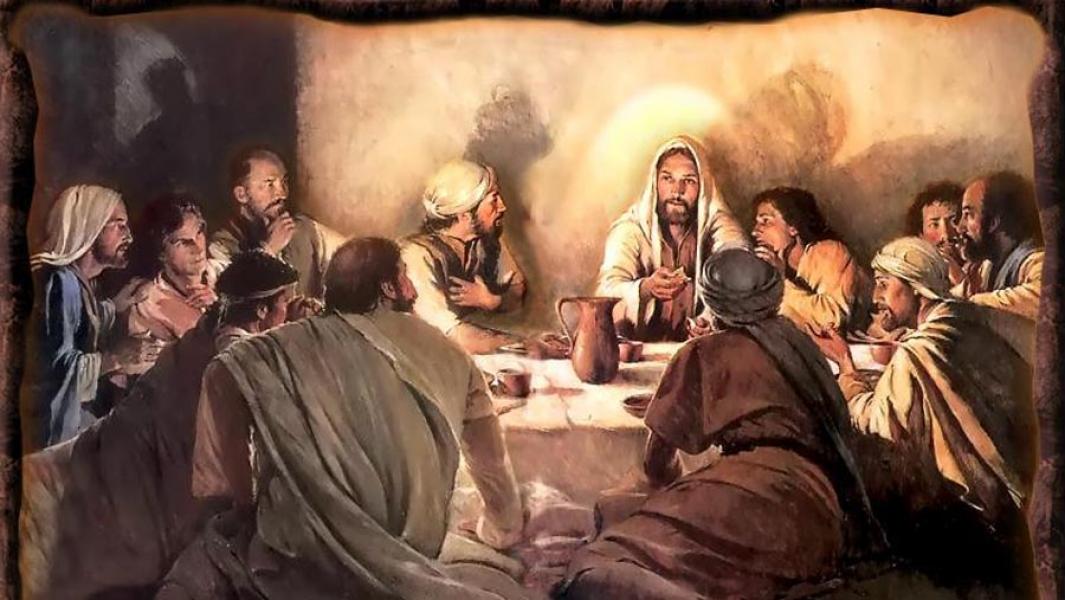Jesus answered them, “Can you make the wedding guests fast while the bridegroom is with them? But the days will come, and when the bridegroom is taken away from them, then they will fast in those days.” And he also told them a parable. “No one tears a piece from a new cloak to patch an old one. Otherwise, he will tear the new and the piece from it will not match the old cloak. Likewise, no one pours new wine into old wineskins. Otherwise, the new wine will burst the skins, and it will be spilled, and the skins will be ruined. Rather, new wine must be poured into fresh wineskins. And no one who has been drinking old wine desires new, for he says, ‘The old is good.$0"2$
Luke 5:33-39
Observe the pharisees' perseverance in malice: as soon as they have received the first answer from Christ, they proceed from one thing to another, with the intent to show that the holy disciples, and Jesus Himself with them, cared very little for the law. Hence it follows, "Why do the disciples of John fast, but you eat, etc." As if they said, "You eat with publicans and sinners, whereas the law forbids to have any fellowship with the unclean, but compassion comes in as an excuse for your transgression; why then do you not fast, as those do who wish to live according to the law?"
But holy men indeed fast, that by the mortification of their body they may quell its passions. Christ did not need to fast for the perfecting of virtue, since as God He was free from every yoke of passion. Nor again did His companions need fasting, but being made partakers of His grace without fasting they were ere strengthened in all holy and godly living. For when Christ fasted for forty days, it was not to mortify His passions, but to manifest to men the rule of abstinence.
When the Lord was asked why His disciples did not fast, he said to them, "Can you make the children of the bridegroom fast when the bridegroom is with them?" For the showing forth of our Savior in this world was nothing else but a great festival, spiritually uniting our nature to Him as His bride, that she who was formerly barren might become fruitful. For as long as the Bridegroom is with us we both rejoice, and can neither fast nor mourn. But when He has gone away through our sins, then a fast must be declared and mourning be enjoined.
Reference:
Commentary on Luke, Sermon XXI (St. Cyril of Alexandria)
Quaestiones Evangeliorum (St. Augustine)
Commentary on the Gospel according to Saint Luke (St. Ambrose of Milan)
